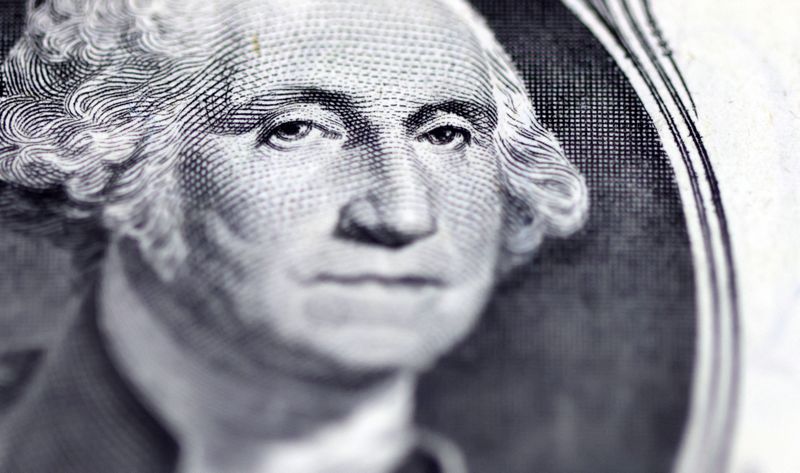By Alessandro Albano
Investing.com - Since its mid-September peak, the U.S. Dollar Index has experienced a phase of depreciation due to easing inflation that could lead to a slowdown in the Federal Reserve's monetary tightening cycle.
With inflation slowed to 7.1%, as shown today in data from the U.S. Bureau of Labor Statistics, the dollar is rapidly losing ground against major currencies such as the euro, sterling, and yen.
According to several economists, the dollar has already peaked in this cycle and will continue to fall toward 100, while predicting a rapid decline in U.S. inflation in the coming months, easing market tensions.
For others, however, the depreciation is only a temporary phase, so the greenback will appreciate again if the risks associated with the global recession materialize.
This view is also shared by iBanFirst's analysts, according to whom "we are facing an economic universe in which the dollar will remain strong for a long time and may exceed 115."
Based on the real effective exchange rate (which measures the valuation of one currency against another), the U.S. dollar is 34% overvalued against the euro, for example. "This is an all-time high," explained Michele Sansone, iBanFirst's country manager in Italy.
Furthermore, in absolute terms, inflation continues to be a concern. "It is true that inflation in the United States is easing from the peak reached last June," Sansone explained, "but the starting point (around 10%) technically leaves the Fed with no choice but to continue tightening monetary policy in the coming months (even if growth were to slow down) in order to return to the explicit target of 4%."
Adding to this is the resurgence of COVID cases in China which, according to iBanFirst, is "another explanation for the dollar's domino-effect appreciation."
"Whereas before COVID China contributed about 30% to world growth, the contribution has since fallen to 10%. This means that, unlike the 2007-08 crisis, the country will not save the world economy this time. In addition, periods of economic turbulence tend to be synonymous with a strong dollar," Sansone emphasized.
